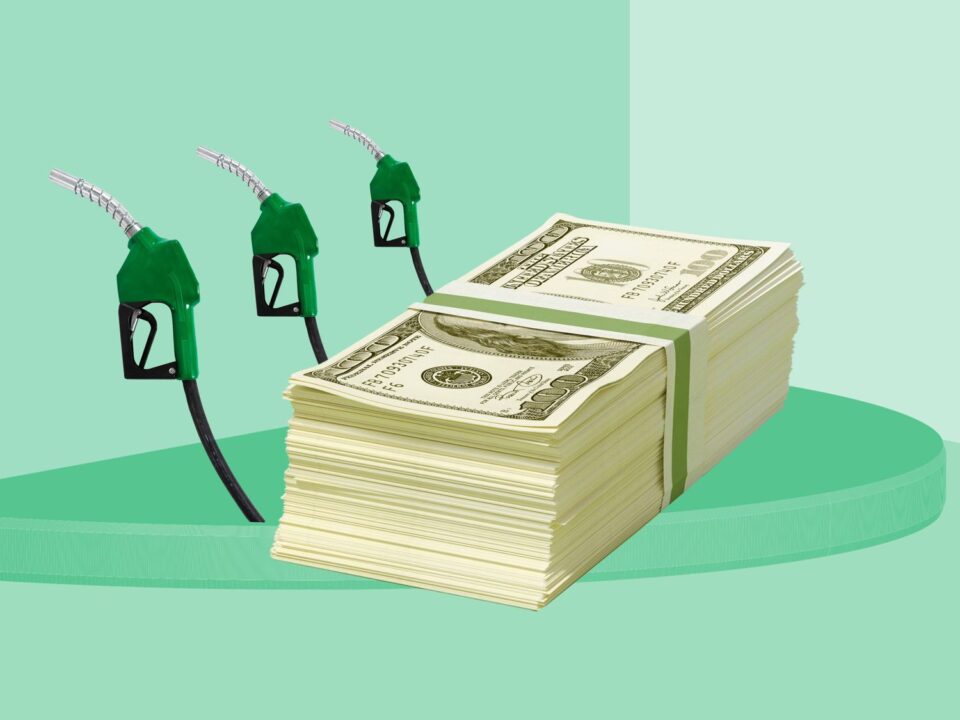Looking to save some cash on gas? According to research firm J.D. Power, an average American spends between $150 to $200 on gas every month. With rising gas prices, it’s essential to find ways to maximize fuel efficiency and minimize your expenses.
By following these simple tips, you’ll be able to save money while still getting where you need to go. From proper tire maintenance to avoiding aggressive driving habits, we’ll cover all the bases. So, buckle up and get ready to save big on gas!
Proper Tire Maintenance for Fuel Efficiency
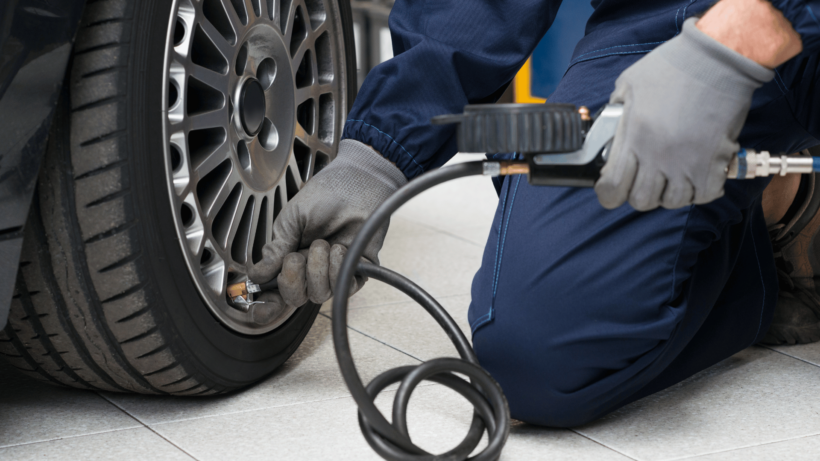
Proper tire maintenance is essential for maximizing fuel efficiency, so make sure to regularly check your tire pressure and tread depth.
Underinflated tires can cause increased rolling resistance, which means your engine has to work harder and burn more fuel to move the car. On the other hand, overinflated tires can lead to reduced traction and uneven wear, affecting both your safety and fuel efficiency.
Keep your tires properly inflated to the recommended pressure levels indicated in your vehicle’s manual. Worn-out tires with low tread depth can increase braking distance and decrease traction, especially in wet or icy conditions.
By maintaining your tires properly, you can save money on gas and ensure a safer driving experience.
Avoiding Aggressive Driving Habits
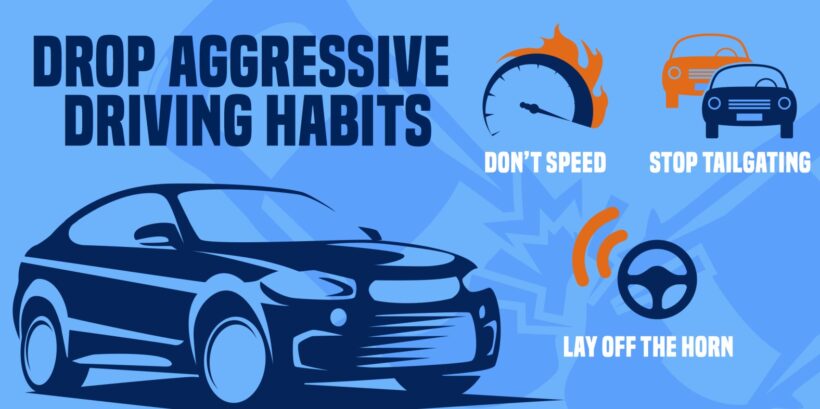
By curbing your need for speed and resisting the temptation to weave in and out of traffic, you can effortlessly transform your daily commute into a stress-free journey. Aggressive and reckless driving behaviors, such as rapid acceleration, sudden braking, and excessive speeding, not only endanger yourself and others on the road but also significantly decrease your fuel efficiency.
When you accelerate quickly, your engine has to work harder, consuming more fuel in the process. Similarly, slamming on the brakes wastes energy and fuel. Maintaining a steady speed and avoiding sudden accelerations and decelerations allows your vehicle to operate more efficiently, saving you money on gas.
Taking Advantage of Gas-Saving Apps and Websites
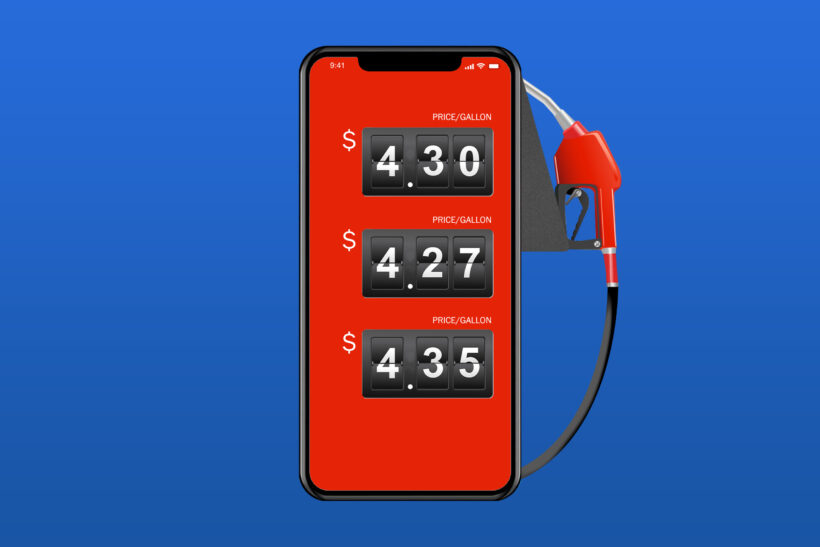
One fantastic option to optimize your fuel consumption is to tap into the power of gas-saving apps and fuel delivery websites like Fuel Logic. These handy apps and websites can provide you with real-time information on gas prices, helping you find the cheapest options in your area.
By comparing prices before you hit the road, you can save a significant amount of money on each fill-up. Gas-saving apps and websites often offer features like trip planners that calculate the most efficient routes based on traffic and fuel consumption. This way, you can avoid unnecessary detours and maximize your mileage.
Some apps and fuel delivery service providers also provide coupons that you can use when you fill up gas. With these resources at your fingertips, you can make smart decisions to save money on gas and reduce your carbon footprint.
Utilizing Carpooling and Ride-Sharing Services
Carpooling is a great way to save money on gas by sharing the cost with others. You can connect with coworkers, neighbors, or even friends who live nearby and have a similar commute. Not only will you save money, but you’ll also reduce traffic congestion and decrease your carbon footprint.
Another option is to use ride-sharing services like Uber or Lyft. These services allow you to share rides with other passengers going in the same direction. It’s a convenient and cost-effective way to get around, especially if you don’t own a car. Plus, you might even make new friends during your shared rides!
Exploring Alternative Transportation Options
Consider exploring alternative transportation options to reduce your carbon footprint and discover new ways to travel. Taking public transportation, such as buses or trains, can be more cost-effective and eco-friendly compared to driving alone.
If you live in a bike-friendly area, riding a bicycle is not only a healthy and environmentally-friendly option, but also a great way to save money on gas. Additionally, walking is a fantastic alternative for short distances, improving your health while eliminating the need for gas altogether.
By exploring these alternative transportation options, you can not only save money on gas, but also contribute to a greener and more sustainable future.
Regular Vehicle Maintenance
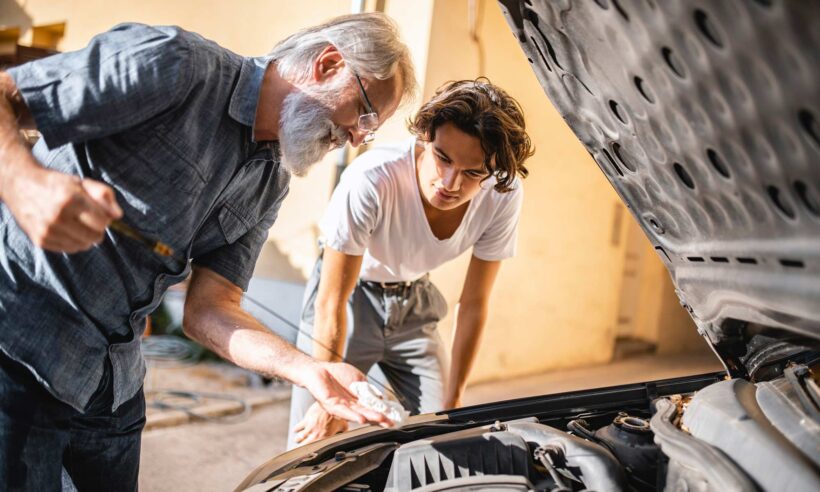
Proper vehicle maintenance is essential for optimal performance and fuel efficiency. Regularly scheduling routine maintenance, such as oil changes, air filter replacements, and general tune-ups, is critical. These seemingly small actions ensure that your car runs smoothly and efficiently, leading to a noticeable reduction in fuel consumption. A well-maintained vehicle not only saves you money on gas but also prolongs the life of your car, making it a cost-effective habit in the long run.
Lighten Your Load
An often-overlooked aspect of fuel efficiency is the weight your vehicle carries. Excess weight can significantly decrease your car’s miles per gallon (MPG) performance. To optimize fuel efficiency, remove unnecessary items from your vehicle. Clearing your trunk of heavy items and removing roof racks or cargo carriers when they’re not in use are simple yet effective ways to reduce drag and improve gas mileage. The lighter your vehicle, the less effort and fuel it requires to move.
Plan Your Trips
Efficient trip planning is a straightforward strategy to cut down on fuel consumption. By combining errands and strategically planning your routes, you can minimize the number of miles you drive, thereby saving fuel. Avoid unnecessary idling, which wastes gas, and try to map out routes that avoid heavy traffic or frequent stop-and-go conditions. Efficient planning not only saves fuel but also saves time, making your driving more productive and eco-friendly.
Use Cruise Control
Utilizing cruise control on highways and long stretches of road can greatly enhance fuel efficiency. By maintaining a consistent speed, cruise control minimizes the fuel-consuming cycle of acceleration and deceleration. This steady pace optimizes your vehicle’s fuel use, particularly on longer journeys, making it an effective tool for reducing your overall fuel costs.
Consider Fuel-Efficient Vehicles
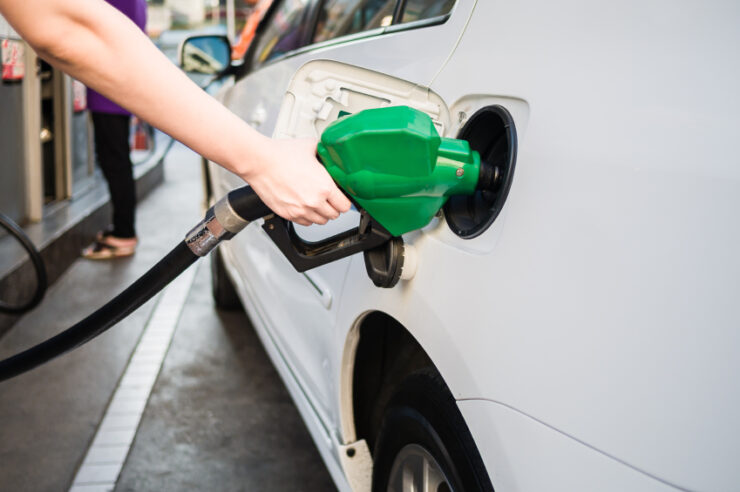
For those in the market for a new car, considering fuel efficiency as a key factor is a wise choice. Fuel-efficient and hybrid vehicles often boast higher MPG ratings compared to standard models, translating to long-term savings on fuel expenses. These vehicles are designed to maximize efficiency, using innovations in engine technology and aerodynamics to reduce fuel consumption. Investing in a fuel-efficient or hybrid vehicle is not only beneficial for your wallet but also contributes positively to environmental conservation efforts.
Conclusion
Try any of these smart ways to save money on gas. By properly maintaining your tires and avoiding aggressive driving habits, and utilizing carpooling or ride-sharing services, your fuel consumption can go down significantly. Happy saving!

